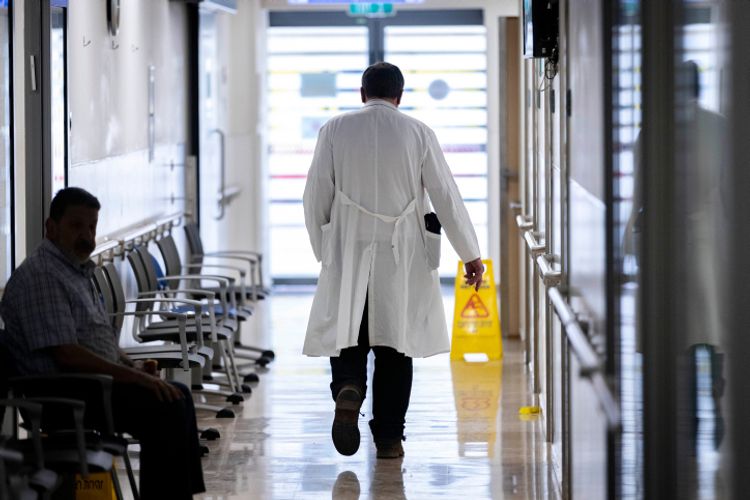Infection
7,600 people died in Israel from preventable bacterial infections in past 2 years
Around 30 percent of deaths due to infections in hospitals are the result of bacteremia
The Israeli Health Ministry has published an alarming report stating that 7,600 people have lost their lives to preventable bacterial infections in hospitals.
The Ministry issued a warning to hospital administrators about the high prevalence of bacteremia in hospital wards.
The director of the Health Ministry’s National Center for Infection Prevention and Antibiotic Resistance, Professor Yehuda Carmeli, drafted his letter based on the results of research data that revealed that in 2018 and 2019, around 7,600 people died as a result of exposure to bacteria in hospitals. A quarter of them lost their lives within 30 days of exposure, and the rest within a year.
The healthcare system estimates that between 4,000 and 6,000 people die from hospital-acquired infections every year. Around 30 percent percent of deaths due to infections in hospitals are the result of bacteremia.

“A large proportion of bacteremia cases contracted in hospitals can be prevented and mortality minimized through deliberate action,” Carmeli stated.
“In intensive care units, even after a 50 percent reduction in incidence, bacteremia rates are still much higher than those reported in the U.S. and other countries,” he continued.
Bacteremia is a serious invasive infection that usually leads to septicemia, a syndrome caused by the presence of bacteria in the blood.

